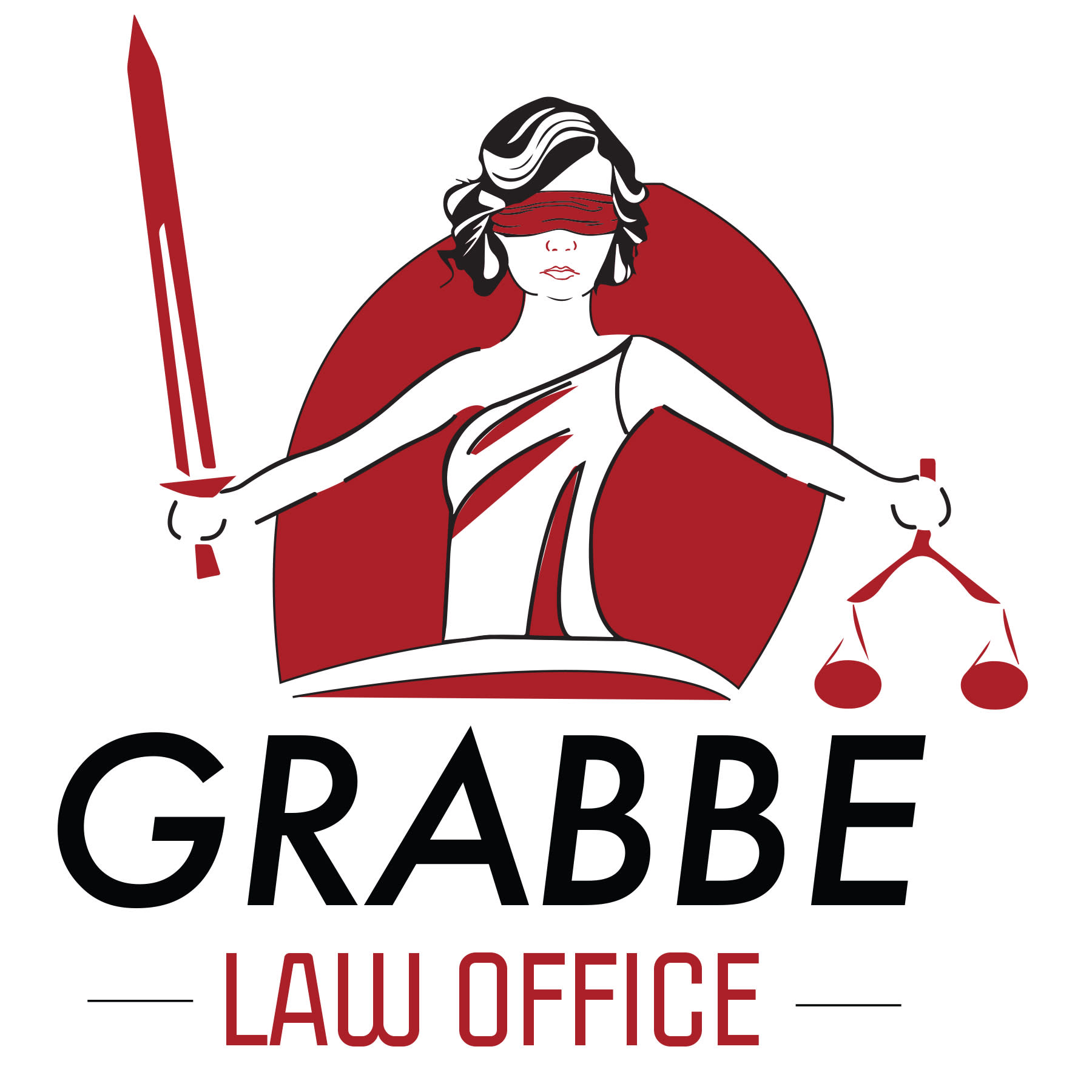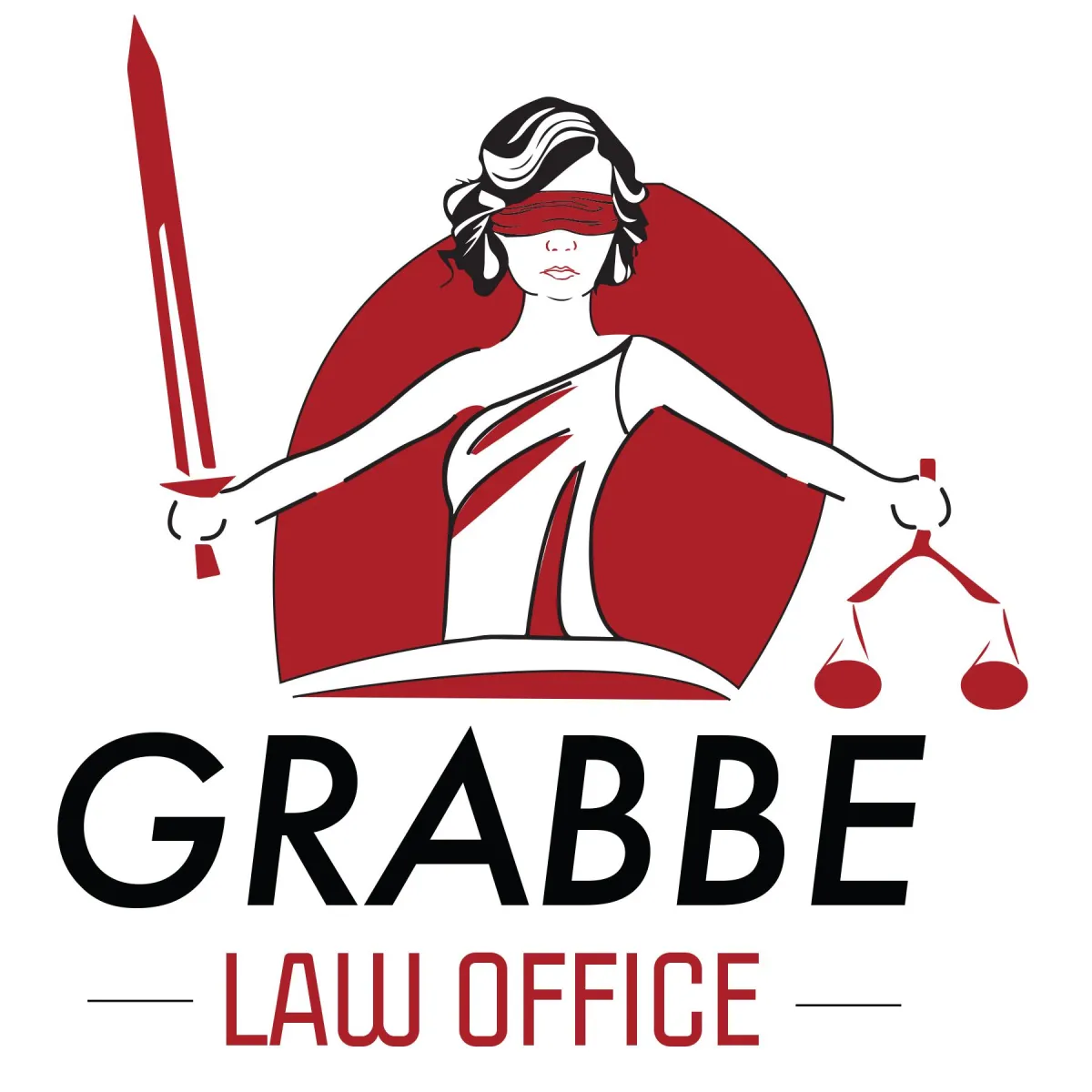Welcome to the Blog!

Trademark Cancellation
Protecting your brand – and the hard work that you put in to create it – is important. Registering a trademark is a fundamental part of protecting a business, but there are a range of challenges that may arise during this process. There are several reasons why a trademark may be canceled, and pursuing trademark cancellation may be essential to protecting your own intellectual property. Grabbe Law Office is dedicated to safeguarding the intellectual property of entrepreneurs and works tirelessly to help businesses exercise their trademark rights. To discuss your situation with an experienced Kansas intellectual property attorney, consider scheduling a free consultation today.
What Is a Trademark Cancellation?
A trademark cancellation is a legal proceeding used to remove a registered trademark from the United States Patent and Trademark Office (USPTO). The cancellation allows another party to use the mark for their own purposes. Trademark cancellations are similar to lawsuits, but are filed through the Trademark Trial and Appeal Board (TTAB).
Canceling a trademark is a complex legal process governed by the Lanham Act, a federal statute that outlines the rules and regulations of trademarks, service marks, and unfair competition. This law was established to prevent consumer confusion by regulating the use of trademarks, and to provide legal recourse to individuals and entities who wish to challenge the validity of a mark.
What Are the Grounds for Trademark Cancellation?
There are a range of reasons why individuals and businesses pursue trademark cancellation. Some common reasons for initiating trademark cancellation proceedings include:
Abandonment
In some cases, a trademark owner may discontinue use of their trademark. If they show no intent to resume use of the intellectual property, abandonment may be a valid reason for canceling a trademark. According to 15 USC 1127, a trademark is considered to be abandoned after three consecutive years of nonuse.
Likelihood of Confusion
If you already established trademark rights in the form of a trademark registration or common law use that predates the other party’s use of the trademark, you may pursue trademark cancellation on the basis of likelihood of confusion. Likelihood of confusion exists between trademarks that are so similar – and the products and services provided under them are so closely related – that consumers might reasonably mistake them as coming from the same source.
Fraudulent Use
Under the Lanham Act, trademarks that have been fraudulently registered may be canceled. Additionally, a business owner may pursue damages and attorney fees if their company is being threatened by fraudulent use of a trademark. While it is possible to use trademark fraud as a cause of action, few cases alleging fraudulent use are brought in court.
Prior to a major court case in 2003, it was nearly impossible to prove fraudulent use of a trademark. Proving fraudulent use is more possible now, with the standard for fraud being clearly defined by the courts in recent years, including the October 2023 United States Court of Appeals for the Federal Circuit’s decision to remand the decision in Great Concepts v. Chutter. An intellectual property attorney with Grabbe Law Office may be able to advise you regarding the most up-to-date legal precedents.
Priority of Use
Trademark rights typically belong to the entity that was first to utilize the mark in commerce. In other words, whoever was first to sell products or services under a specific trademark will generally be considered the rightful owner, and a trademark cancellation can be pursued to prohibit others from using the mark.
Genericness
Generic trademarks are common, ordinary terms used to plainly describe a product or service. A brand of ice cream with the trademark “Ice Cream” would be considered generic. These marks do not qualify for legal protection. A trademark that is overly generic at the time the application to register the trademark is submitted will not be approved for registration by the USPTO. However, it is possible for trademarks to become generic with use over time, especially if the trademark owner is not proactive in protecting their intellectual property rights. In these cases, a third party may submit a petition to cancel the trademark on grounds of genericity.
What Is the Effect of Trademark Cancellation?
A canceled trademark is a mark whose registration has been deemed invalid. Its registration has been terminated and another entity may now register it. Once a trademark has been canceled, it is no longer protected by any of the legal benefits of a registered trademark. Moreover, a canceled trademark cannot influence the denial of a similar trademark, meaning that the USPTO cannot cite a canceled trademark in a likelihood of confusion denial.
Can You Withdraw a Trademark Registration?
Business owners who wish to withdraw their trademark’s registration may do so, typically by filing for express abandonment. There are many reasons why you may choose to withdraw your trademark registration. Entrepreneurs new to the trademark registration process may be especially susceptible to the often expensive error of applying for a trademark without conducting necessary research into the use of the mark, and then making the difficult choice to withdraw their application to register the trademark in order to avoid future opposition.
If you are in the midst of a TTAB cancellation proceeding, however, and discover facts that may negatively impact your case, you may wish to withdraw the proceeding entirely. If a trademark registration applicant chooses to abandon their trademark rights after the commencement of an opposition, concurrent use proceedings, or interference, you must obtain the written consent of all parties. Otherwise, judgment will be entered against the applicant, as established by 37 CFR 2.135.
Can You Buy a Canceled Trademark?
In some cases, a business may be able to purchase and use a trademark that has been canceled, but it is important to first understand the reasons behind the trademark cancellation. If the trademark was canceled due to likelihood of confusion, for example, it is not advised to buy this mark because the same problems that resulted in initial cancellation will likely affect a new owner. In this situation, even though a business may succeed in purchasing the intellectual property from the previous trademark registration owner, any attempt to register the trademark is likely to be unsuccessful. An experienced intellectual property attorney can work with you to understand the reason for cancellation and provide guidance on how to properly use this mark moving forward.
Can You Register an Abandoned Trademark?
If the trademark was abandoned, the situation becomes a bit more complicated. Even though an owner abandoned their trademark, they may still have common law use of that mark. A business that uses the trademark without first establishing a legal agreement with the party that has priority of use may be accused of infringement. Consider speaking with an intellectual property attorney specializing in trademark issues before trying to register an abandoned trademark to ensure that you avoid all common pitfalls and remain in good legal standing.
Consult an Intellectual Property Attorney About Trademark Cancellation
Ensuring proper registration of a trademark is essential. If you are facing a trademark cancellation proceeding, or if you are considering taking action to cancel another entity’s trademark, it is important to understand your legal options. Grabbe Law Office has successfully represented countless entrepreneurs and businesses in their pursuit of trademark registration, protection, and enforcement. To speak with an experienced Kansas intellectual property attorney about your vision, consider scheduling a free consultation today.








